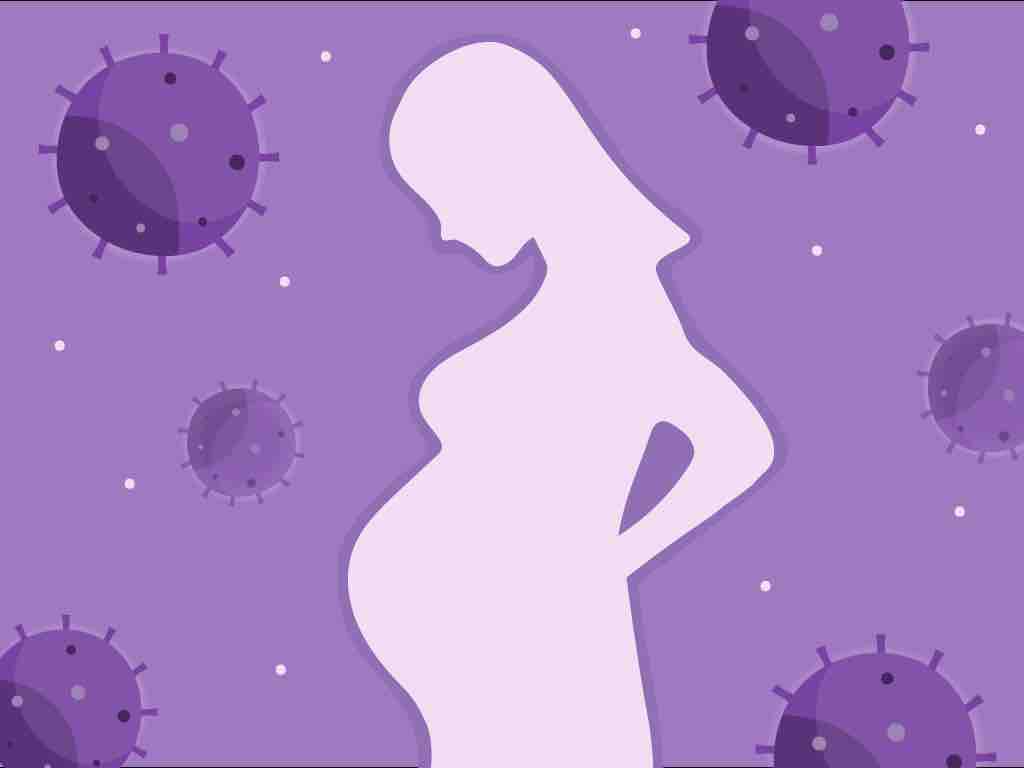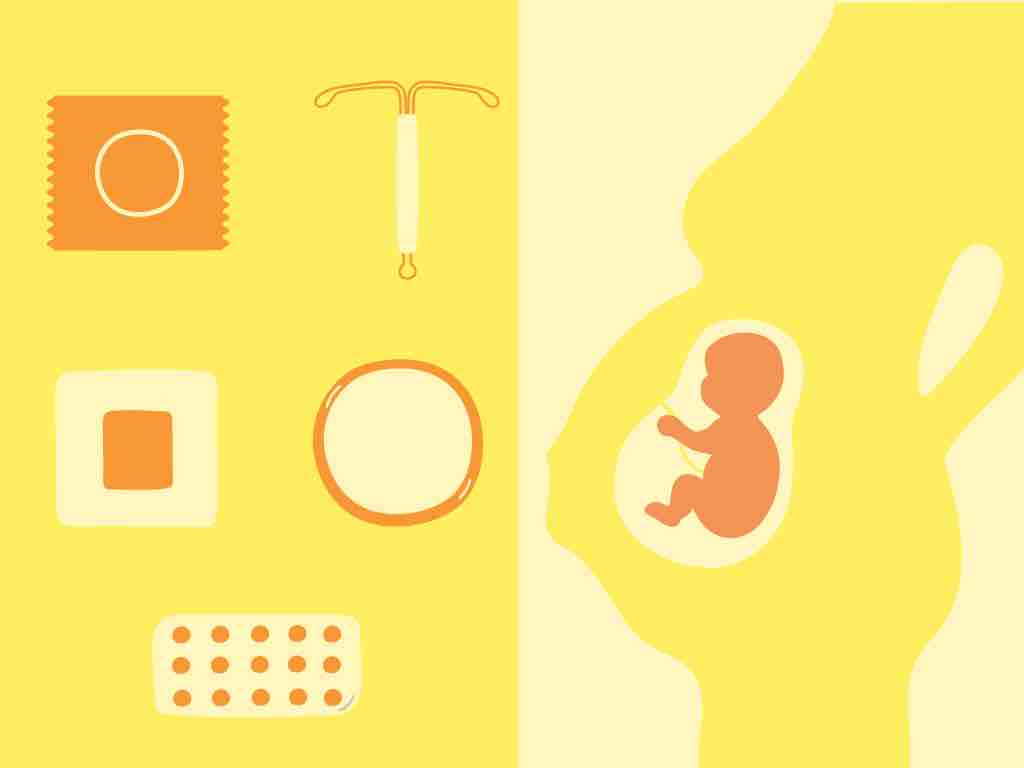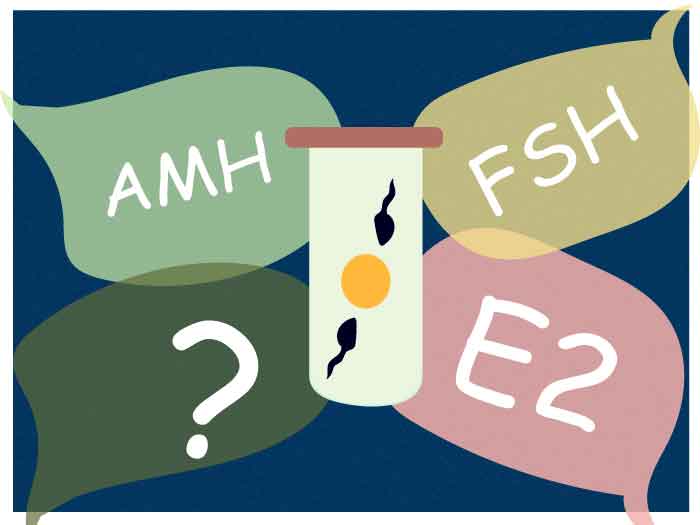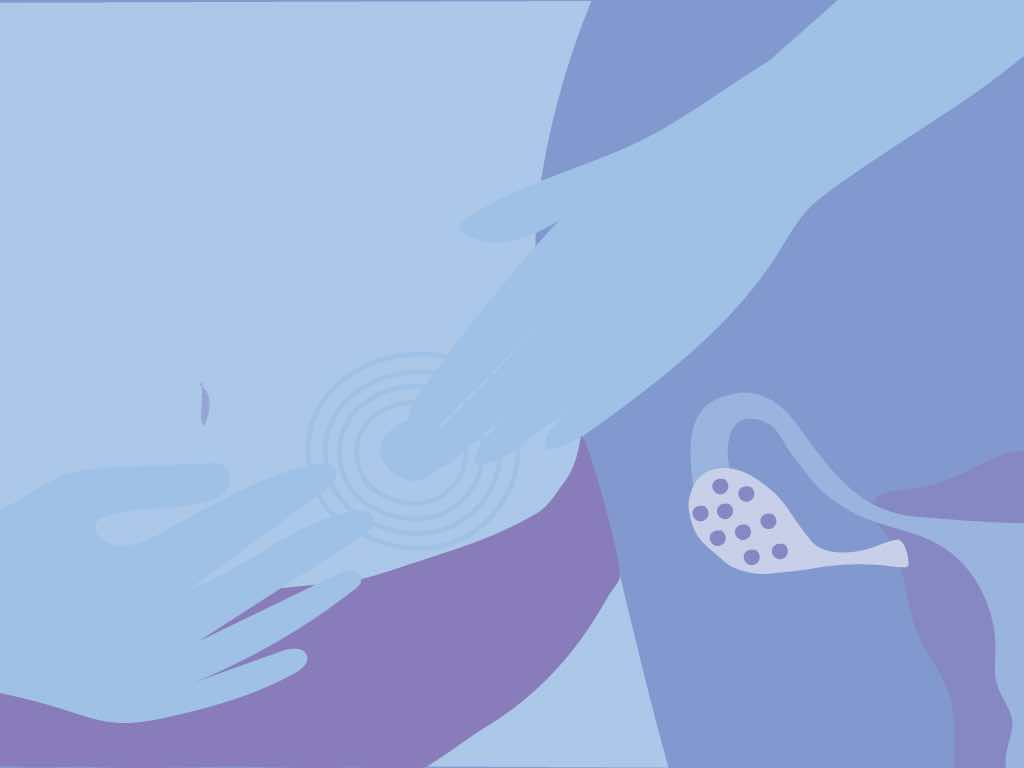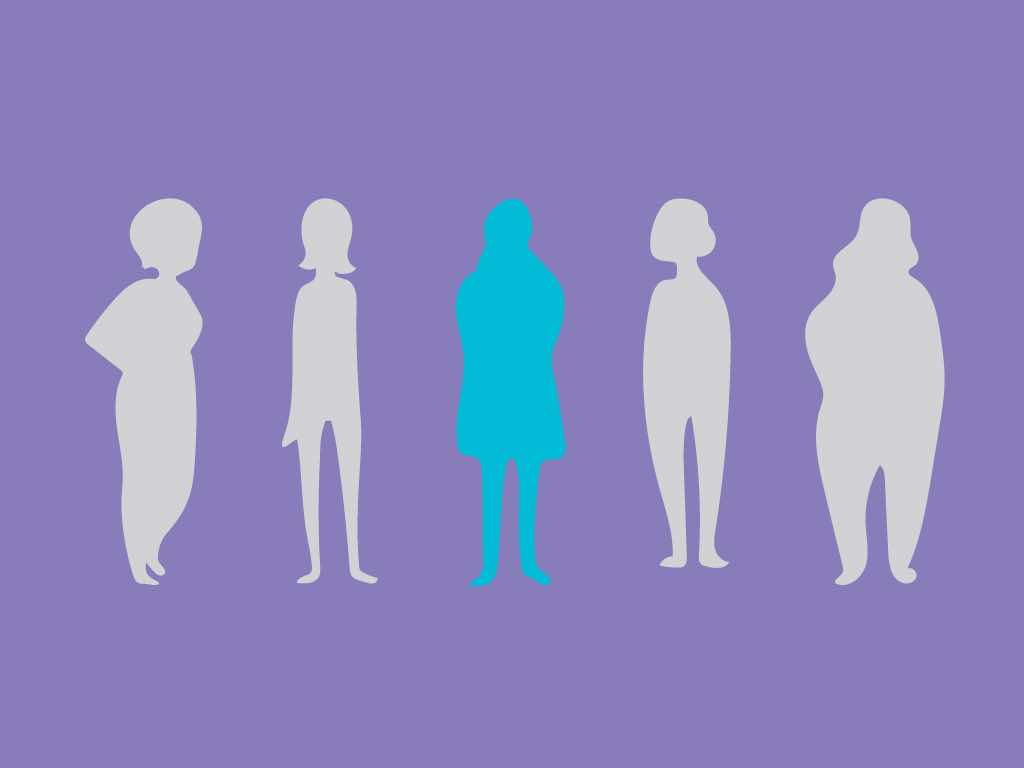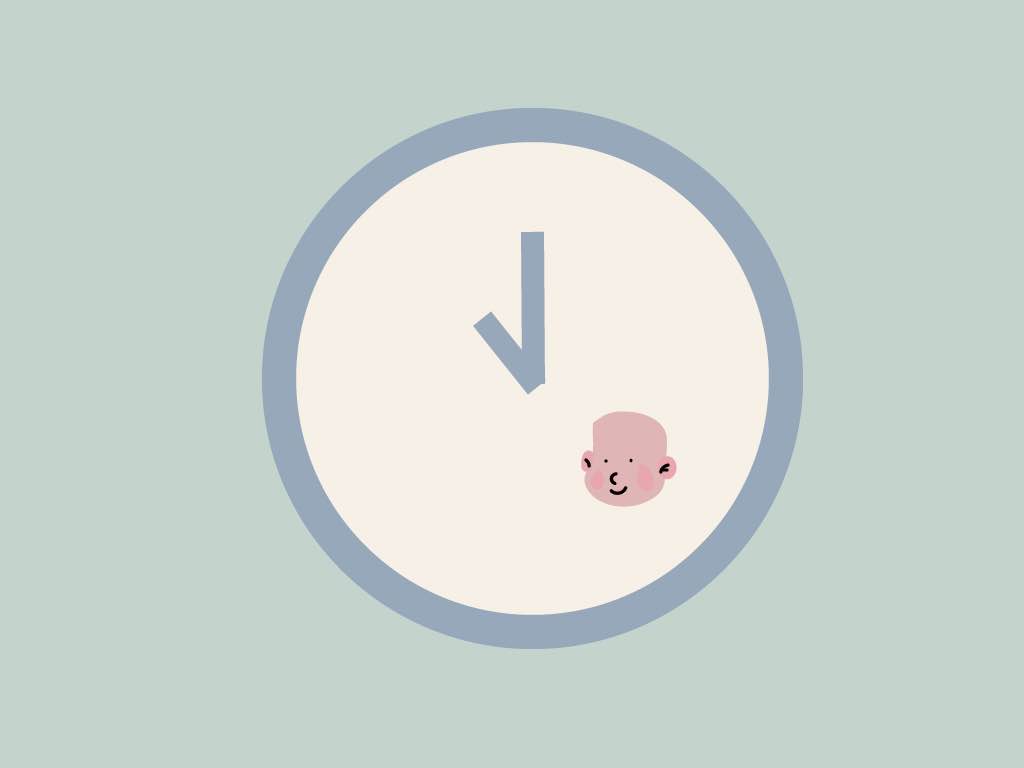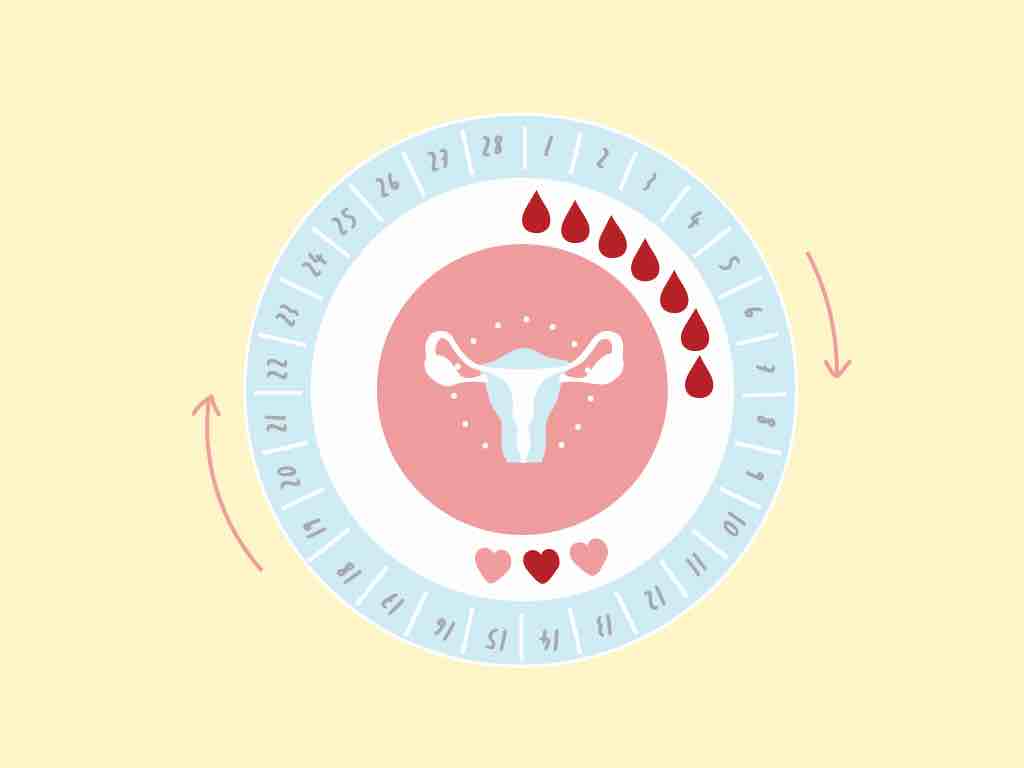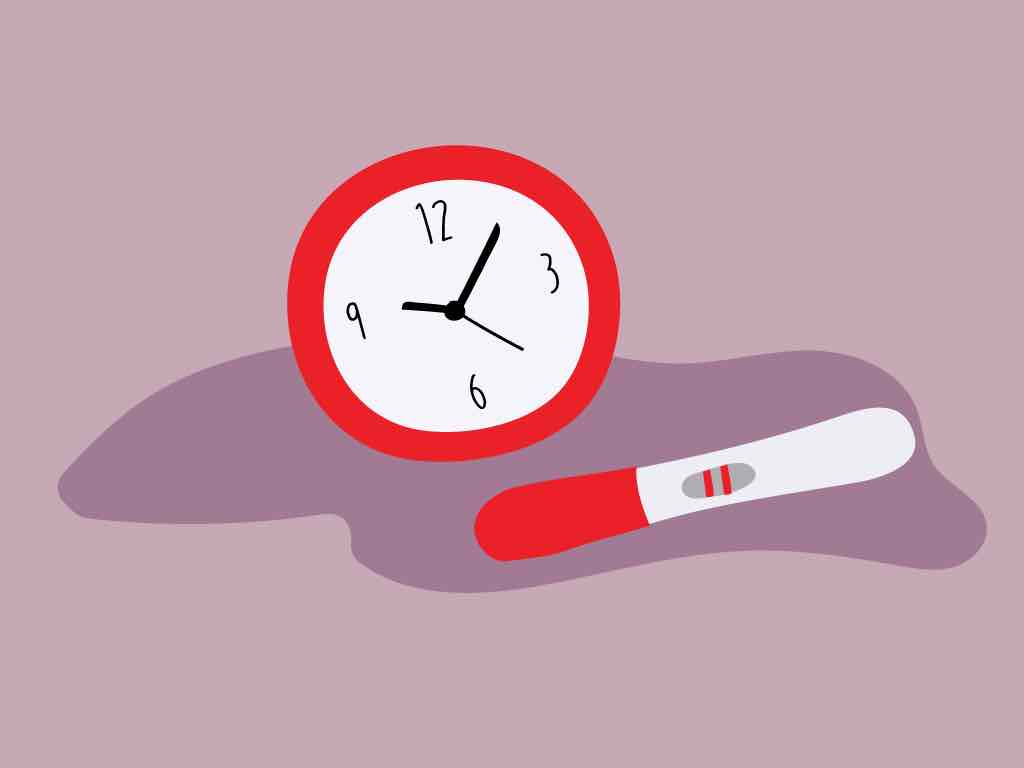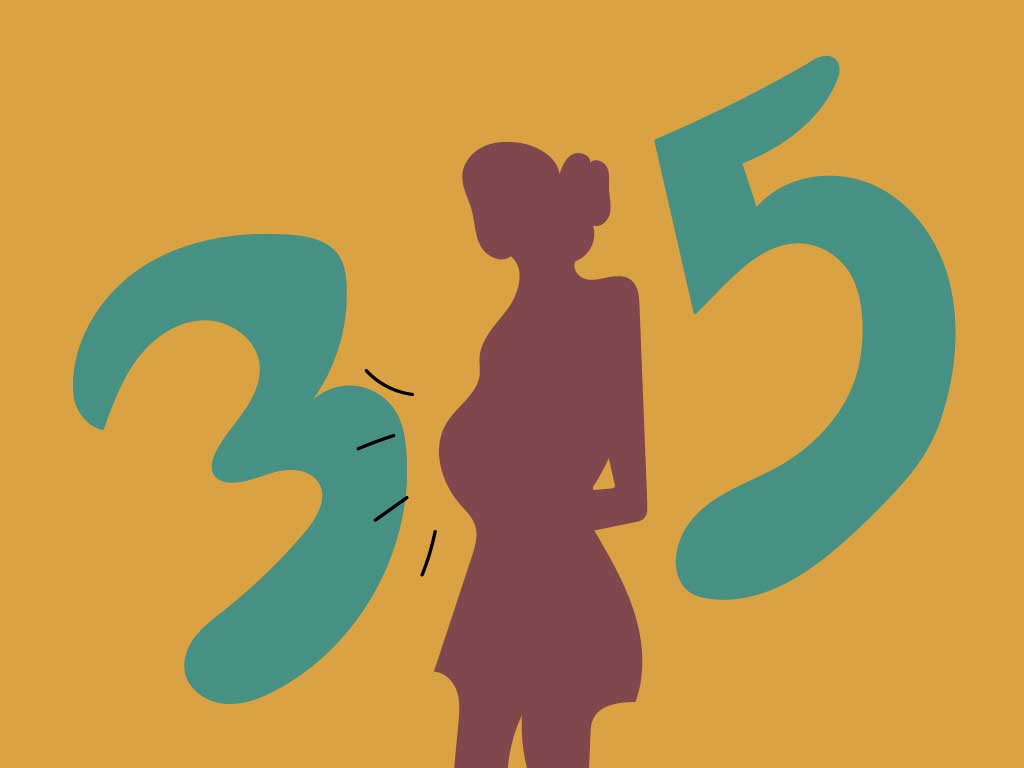Top 5 PCOS Myths that need to be Debunked
February 5, 2020 | Yesmom
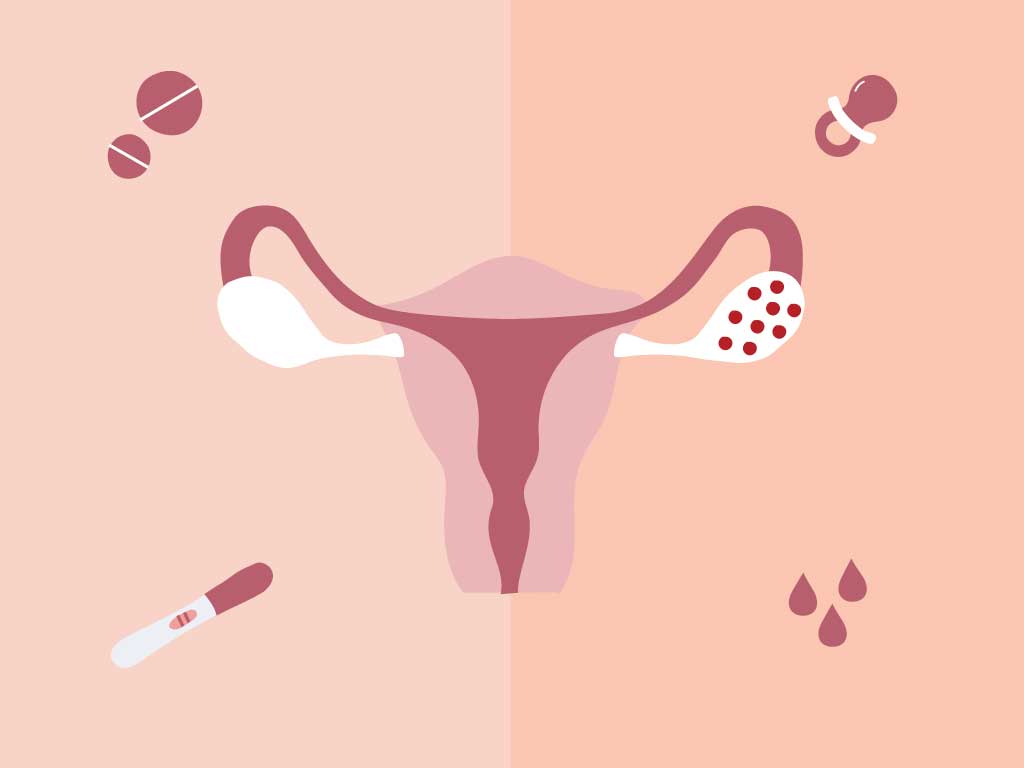
Top Things to Know
- PCOS is one of the most misunderstood health conditions in women, and affects a large majority of female population.
- Polycystic Ovarian Syndrome (PCOS) is a metabolic disorder, rather than a reproductive one.
- Having PCOS doesn’t mean a woman cannot get pregnant.
- PCOS is not the only reason for irregularity of periods.
- Whether you are planning for a pregnancy or not, PCOS needs immediate medical attention.
- While there is no cure for PCOS, its symptoms are manageable with medications.
Is all the information we find on the internet actually helpful, well some PCOS myths need to be debunked! Because, actually, not all that on internet is a fact!
Did you know that PCOS affects 1 in every 5 Indian women who are in their reproductive age.[1] However, the myths around PCOS are widespread and very few women actually know what the condition is and how it affects their body, menstrual cycle and fertility. So, let’s debunk a few popular myths surrounding PCOS.
5 PCOS Myths that Need to be Debunked
1. The myth that you need to have cysts in your ovaries to have PCOS
While the name of this condition may convince you to believe that in order to get PCOS, one must have one or more cysts in their ovaries, this is actually not true. In order to be classified as having PCOS, an individual must have at least two of these three following conditions:
- Irregular periods
- Increase in androgens (male sex hormones) in blood
- Cyst in the ovaries
In many women, the ovarian follicles that have released an egg get accumulated in the ovaries and appear cyst-like. So the myth debunked: one doesn’t need to have cysts to get PCOS!
2. You can’t get pregnant if you have PCOS needs to be debunked
One of the main complaints of women suffering from PCOS is their difficulty in getting pregnant. This is because PCOS affects ovulation and hormonal balance and its thereby. However, this doesn’t mean that women suffering from PCOS cannot conceive. It is difficult to conceive, but the chances are not completely ruled out. [2]
3. Irregular periods mean you must have PCOS – not true!
A lot of women assume that their irregular periods mean that they are suffering from PCOS. However, this is not true! Debunked! Irregular periods can result from a variety of causes such as stress, thyroid problems, overweight or obesity, severe forms of dieting, etc. PCOS is just one of them.
4. Don’t about PCOS if you are not planning to have a baby, really?
This is absolutely the wrong advice that many women are given and believe. While PCOS may appear to be a fertility or reproductive problem, it impacts the rest of women’s health and wellness too.
Many health conditions such as diabetes, hypertension, high cholesterol levels, depression, anxiety, etc., are precipitated as a result of PCOS.[3] Hence, if you have PCOS and are not looking to get pregnant anytime soon, it is advised to visit your ob-gyn for a treatment anyway.
5. There are no treatments for PCOS
While it is a fact that PCOS has no cure, it doesn’t mean that women with the condition can never recover from this condition. There are many medications and fertility treatments that can help resolve symptoms of PCOS and help women with the condition conceive.
5 PCOS myths now debunked! A healthy lifestyle, a nutritious diet, regular exercise and healthy weight are the best prevention of PCOS and its symptoms for returning. PCOS is not a lifelong impediment. With the right interventions, the symptoms can be managed.
Final PCOS myth debunked!: You test for PCOS with Yesmom!
Yesmom’s fertility test is a comprehensive one that tests 8 hormones that keep your reproductive system functioning and healthy. By getting this test done, it can help you get a better idea about your menstrual irregularities, egg reserves, and track your fertility.
Believe in facts and stay clear of popular myths and old – grandma’s tales regarding PCOS. If you are suffering from PCOS and wish to get pregnant, it is best to see a fertility expert or your ob-gyn in order to get it resolved at the earliest.
[1] Simar Singh, 1 In 5 Women In India Have Polycystic Ovarian Syndrome, Here’s What You Need To Know, Health Matters, Available at https://sites.ndtv.com/healthmatters/1-5-women-india-polycystic-ovarian-syndrome-heres-need-know-disorder-1388/, Published on 5th January 2018
[2] Jessica Migala, 12 Common Myths About PCOS — and the Facts Every Woman Should Know, Everydayhealth.com, Available at:
https://www.everydayhealth.com/pcos/myths-debunked/
[3] PCOS, Mayoclinic.org, Available at https://www.mayoclinic.org/diseases-conditions/pcos/symptoms-causes/syc-20353439
Other References:
https://www.pennmedicine.org/updates/blogs/fertility-blog/2018/july/five-myths-about-pcos


